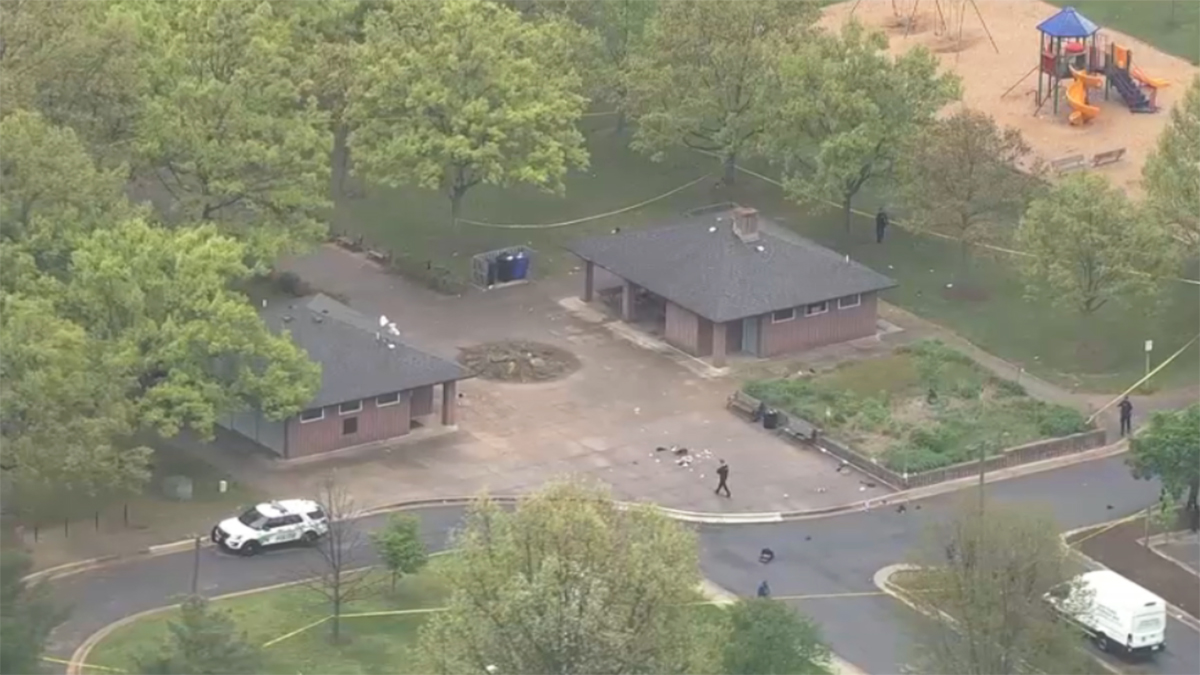A 6-week-old calf that has been on display at a Prince George's County farm that runs educational programs for schools has tested positive for rabies, the Maryland Department of Health and Mental Hygiene (DHMH) confirmed.
The Jersey calf, which has since been euthanized, was tan with tiny white spots on its face and hindquarters. It was kept at the Hard Bargain Farm Environmental Center, which runs educational programs for elementary and middle school students.
Anyone who believes they may have had contact with the calf at Hard Bargain Farm since Dec. 21, 2009 may need the rabies vaccine and should call the Prince George’s County Health Department at 240-508-5774 or the Charles County Health Department at 240-216-4055 or 240-299-4693 as soon as possible.
“It is critical to identify all people who may have been close enough to this calf to have come in contact with its saliva,” said Dr. Katherine Feldman, DHMH State Public Health Veterinarian.
Rabies is a virus that attacks the nervous system. It is transmitted in the saliva of infected animals and is typically fatal.
When a person is bitten or exposed to saliva of a rabid animal, the disease is prevented with a four dose rabies vaccine series administered over a 14-day period and a dose of rabies immunoglobulin given at the beginning of the series.
Rabies is most commonly found among wildlife such as raccoons, bats, skunks, and foxes, but can be transmitted to domestic animals. In Maryland, almost 400 animals were diagnosed with rabies in 2009.
Local
Washington, D.C., Maryland and Virginia local news, events and information
Officials say they believe the Jersey calf was bitten by a wild animal.
To prevent your exposure to rabies:
- Have your dogs, cats, ferrets, horses, sheep, and cattle vaccinated against rabies.
- Keep your pet under your control at all times, especially when traveling.
- Enjoy wildlife from a distance and do not feed wildlife.
- Avoid sick animals and any that are acting in an unusual manner.
- Cover garbage cans securely and do not leave pet food outside.
- Do not relocate wildlife.
- Prevent bats from entering your home. If you find a bat in your home, do not touch it.
To learn more about rabies in Maryland, including rabies surveillance statistics and efforts to prevent and control the disease, please visit the DHMH website.



